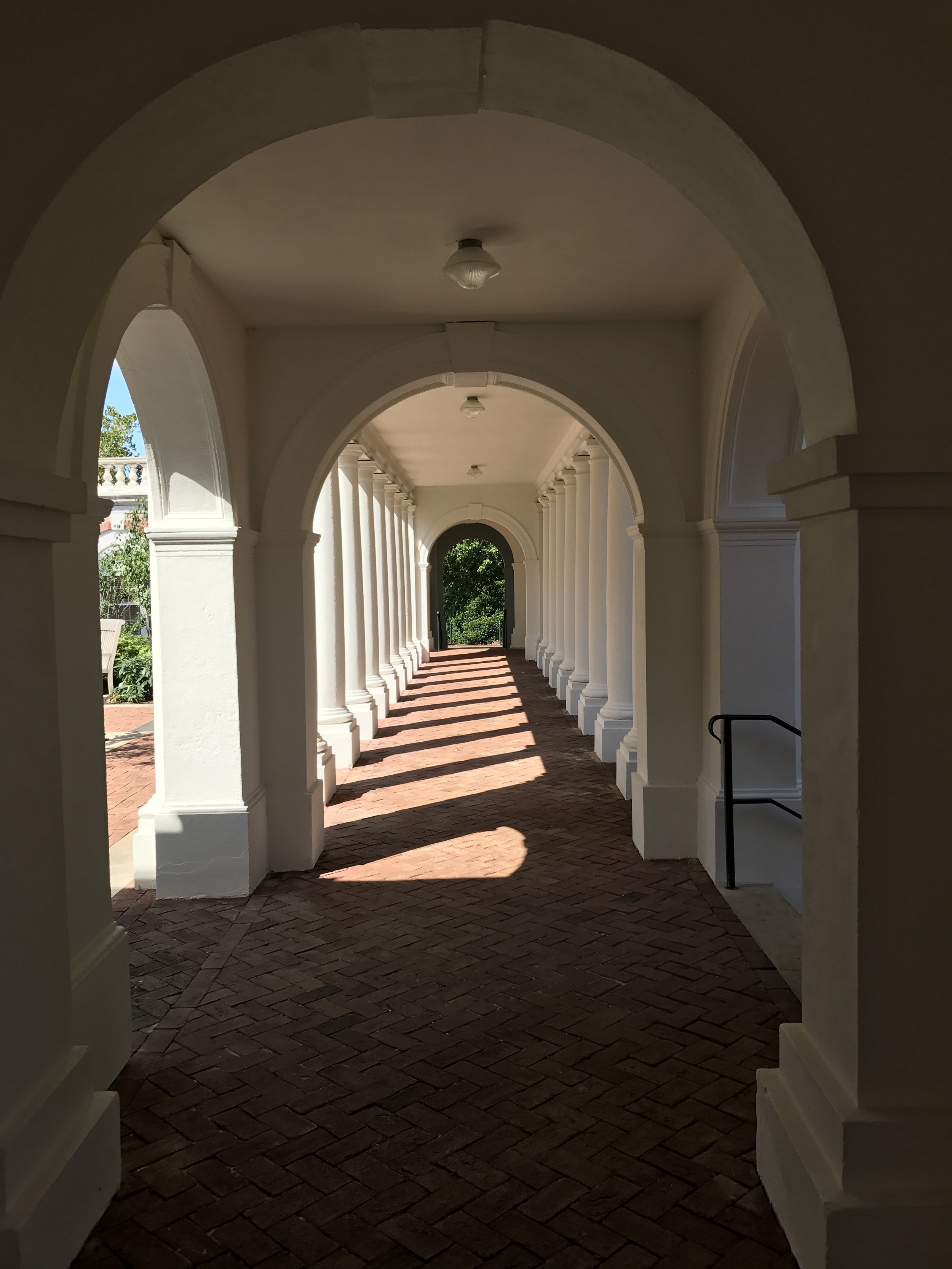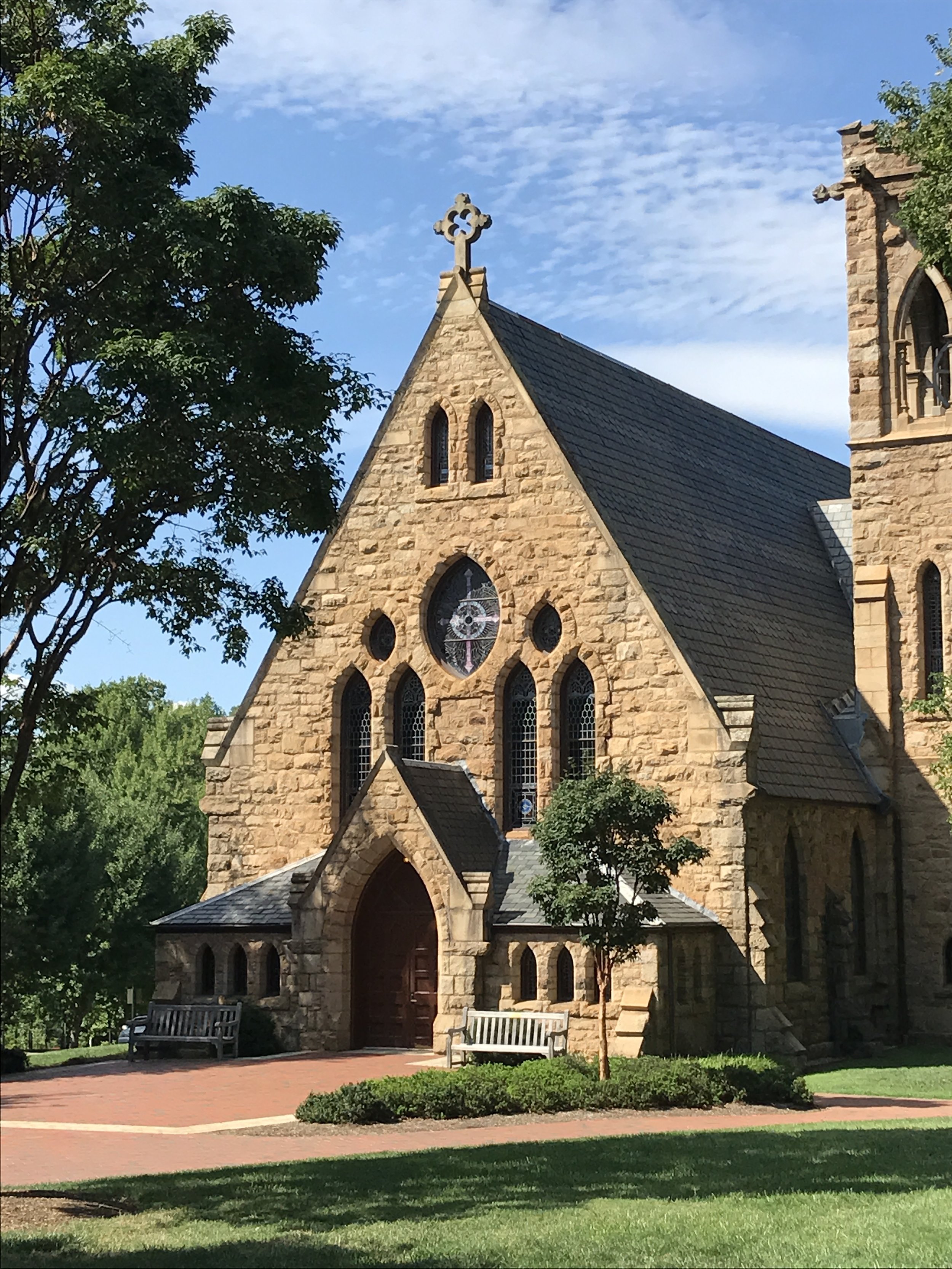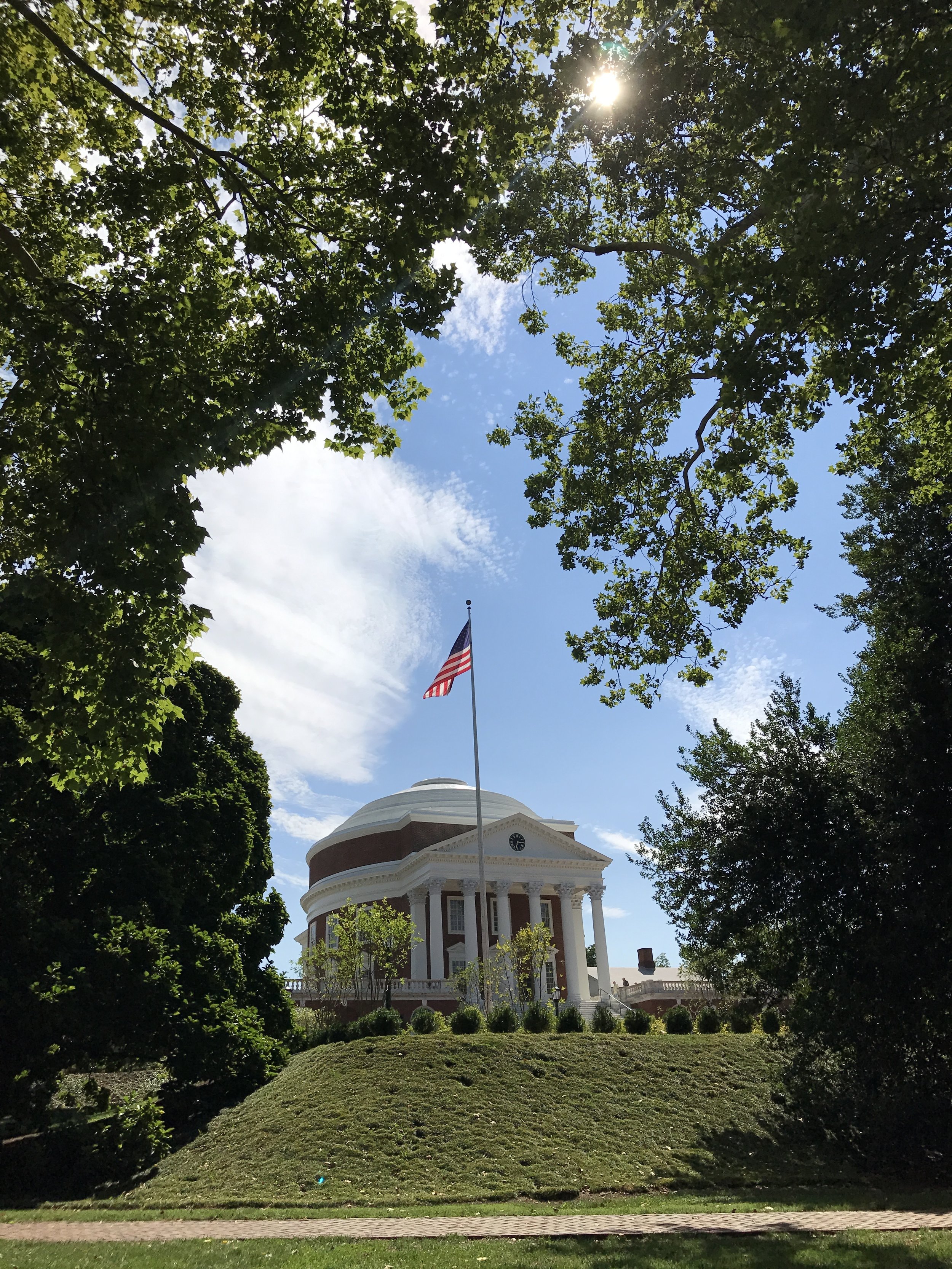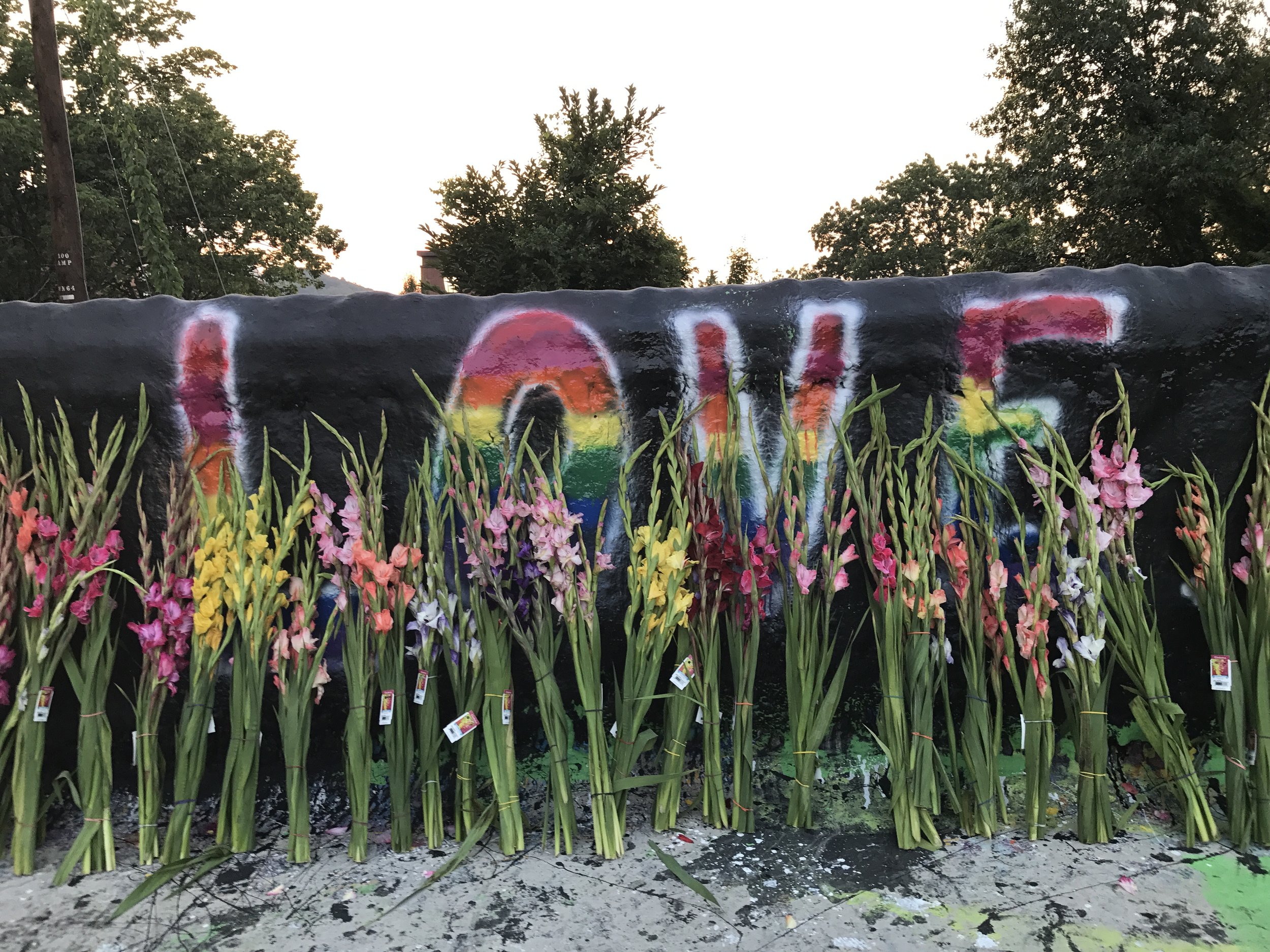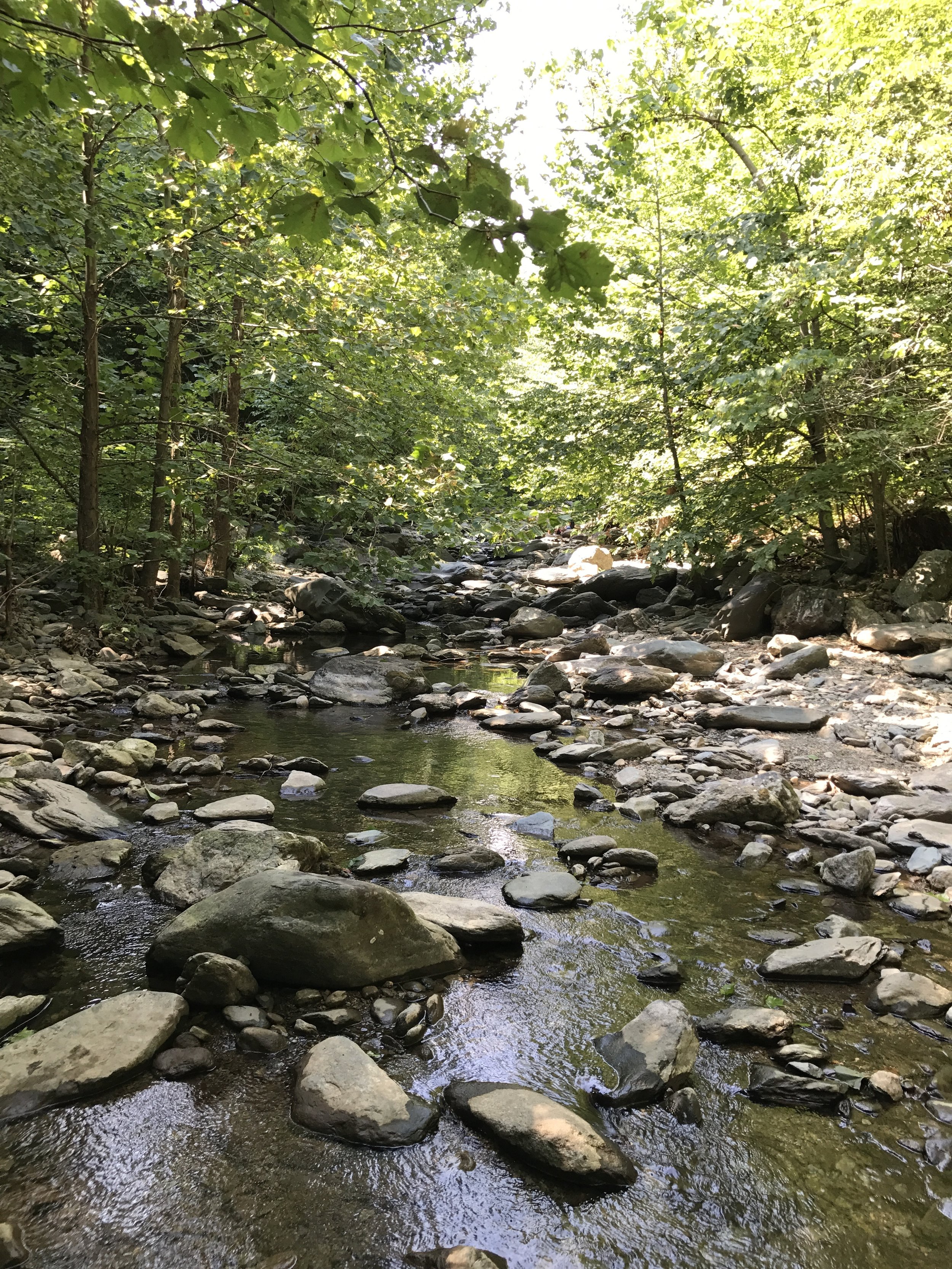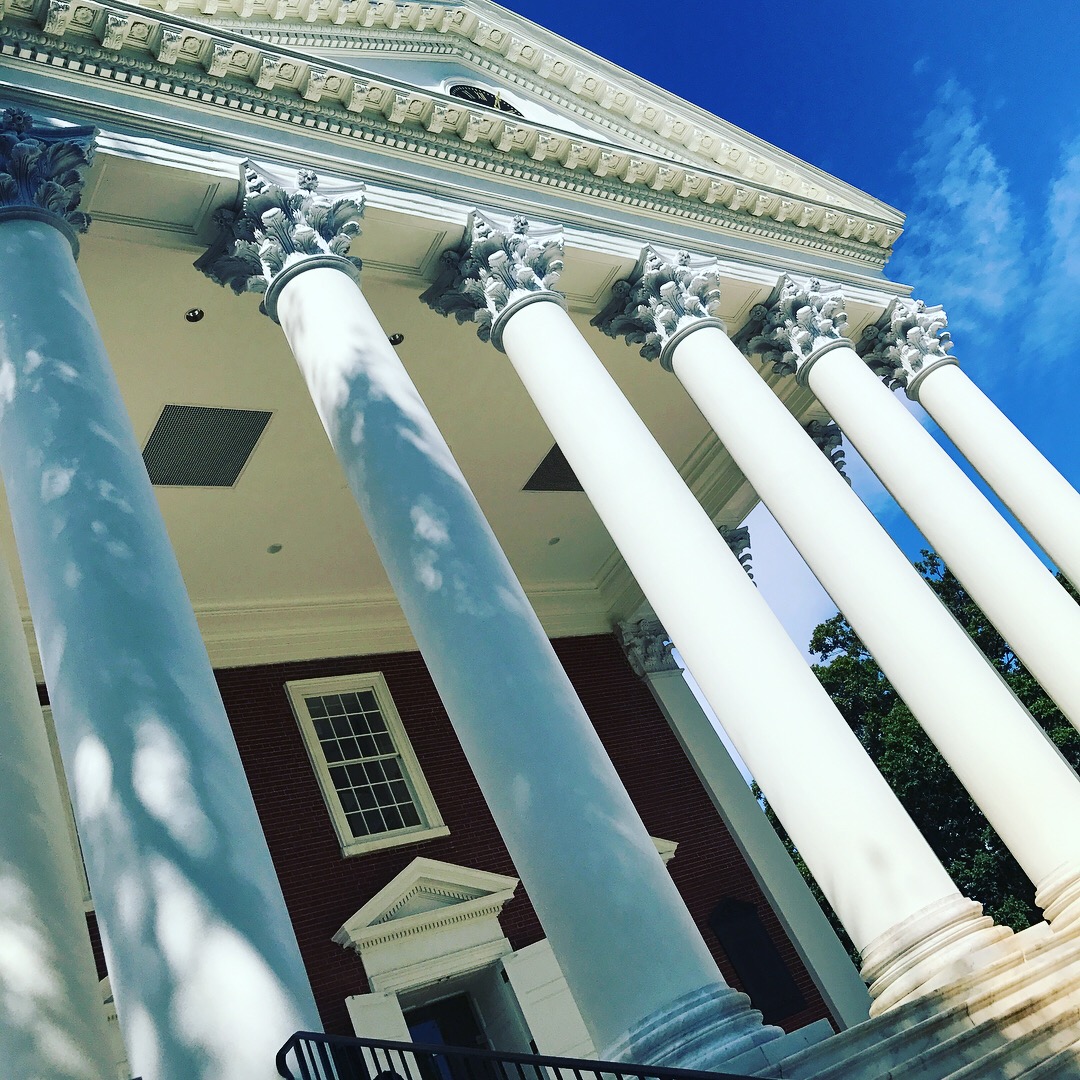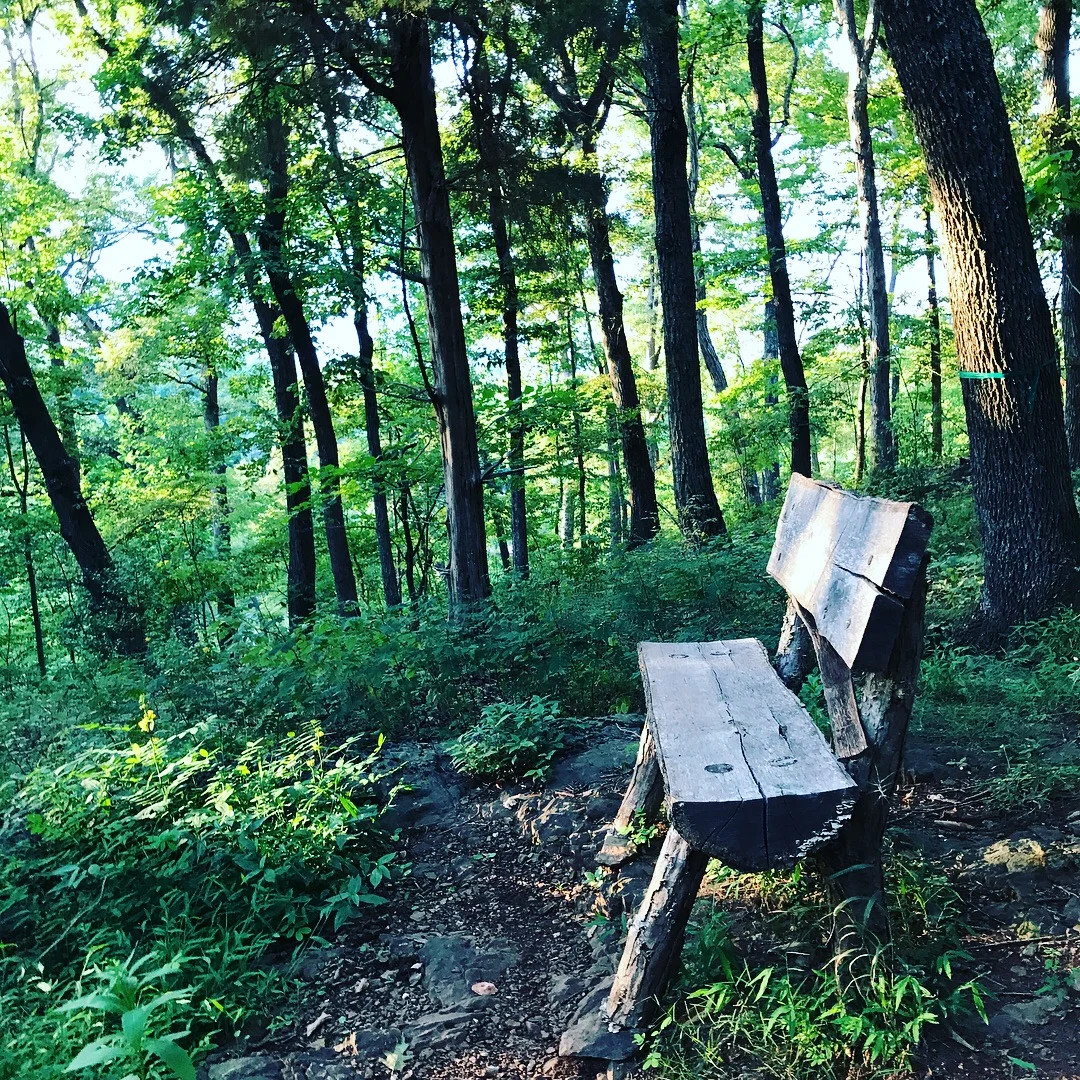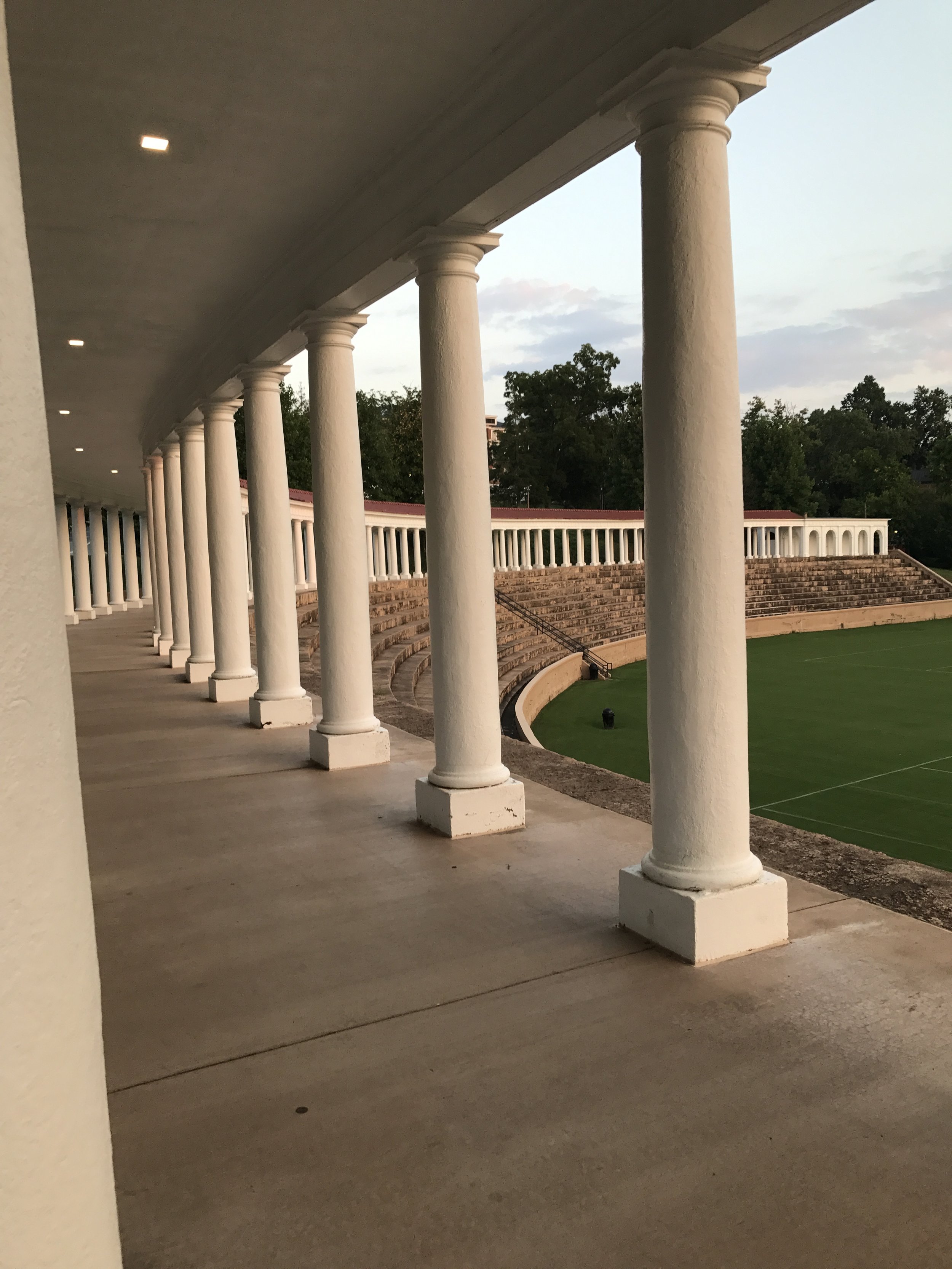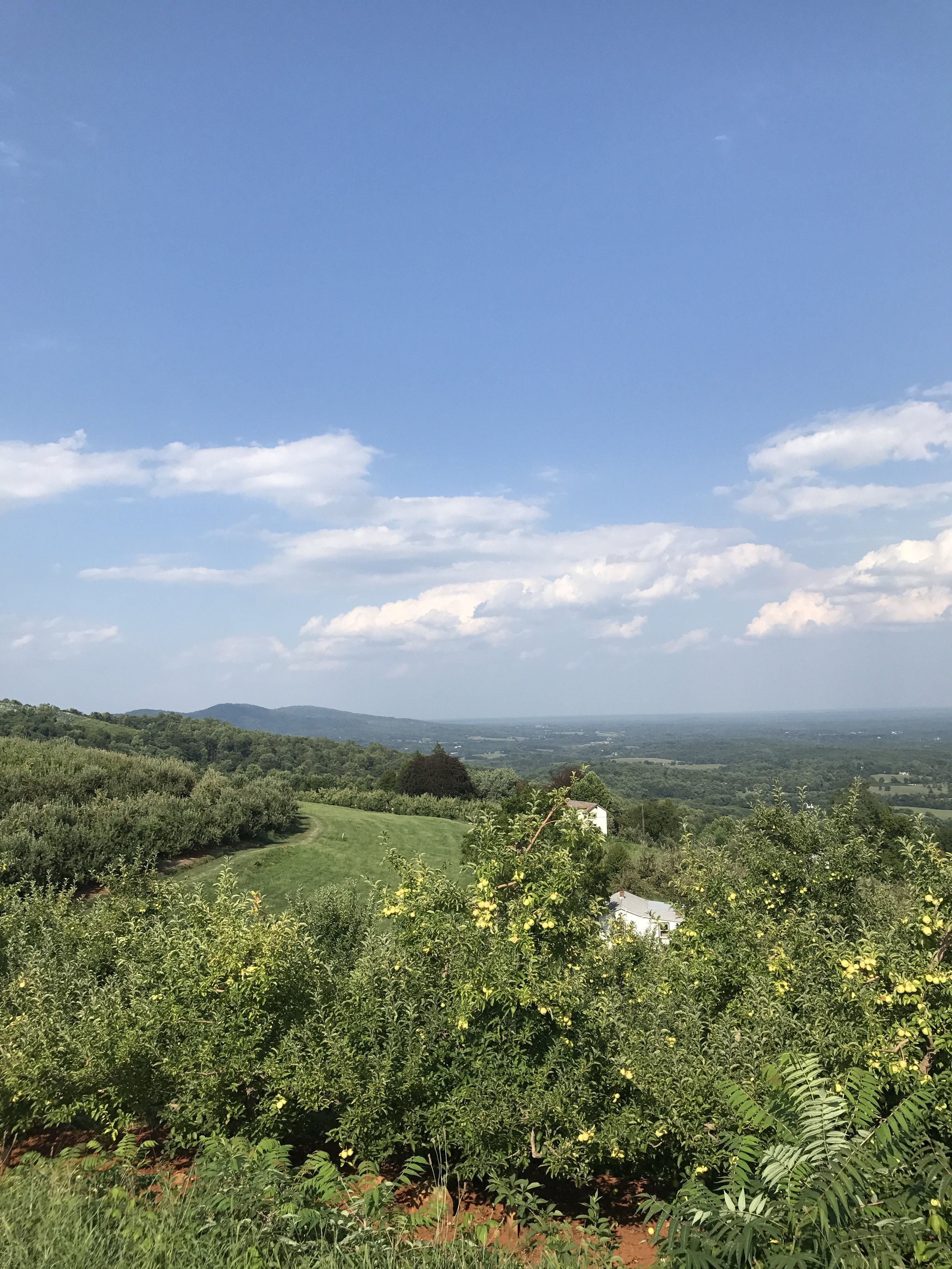This post is dedicated to the city of Charlottesville, all who feel misunderstood, and the people courageous enough to be steady and honest in the face of uncertainty.
6 Attributes OF THE STEADFAST LEADER:
Strength / Stability
Focus
Stress Response
Support
Values
Recovery
“In Charlottesville, I sensed a certain mystery, an opportunity for the convergence of deep exploration, purposeful expression and positive impact. A place to bring together what had felt like the disparate pieces of myself.”
A month ago, on what felt like a whim, I decided to take a coaching position at the University of Virginia. I knew very little about the town of Charlottesville before moving here. I’d heard about Thomas Jefferson, and the downtown mall, and the Shenandoah Mountains, yet beyond that, I knew, and appreciated very little of the profound intricacies of this town.
The relocation happened fast. Coaching field hockey wasn’t in my immediate career plan. I wanted to explore the personal development of athletes beyond the playing field. But in late July, I was desperate for a change of scenery. A fresh place to be inspired and build new opportunities and relationships - a space to renew my curiosity about who I was, and how I related to my gifts, interests, and responsibility to the world. When the University of Virginia called about a coaching opportunity, it was the allure and possibility of Charlottesville that attracted me.
Language of Leadership
Steadfast
ACTION STYLE - STEADY
Resolute, firm, and unwavering sense of purpose and principle
The place felt right. In Charlottesville, I sensed a certain mystery, an opportunity for the convergence of deep exploration, purposeful expression and positive impact. A place to bring together what had felt like the disparate pieces of myself - Praxis, yoga, sport, academic learning, and spiritual development.
Charlottesville had it all. A complex history deeply intertwined with that of America, a world-class educational institution, a vast spiritual and yoga culture, great restaurants, a vibrant arts scene, and unparalleled natural beauty. It had the dynamic appeal of a city, and the charm of a small town.
When I arrived I was immediately struck by what seemed like a bundle of contradictions. I couldn’t quite put my finger on how to describe Charlottesville. It felt like a southern town with a Boston feel. An elite college in a humble mountain setting. A place where the extremely wealthy, the blue collar, and the homeless collided everyday. Its roads were lined with modern strip malls, the best grocery stores, splendid farms, and breathtaking historic architecture. It felt suburban, metropolitan, and rural at the same time. It felt deeply spiritual and devoutly secular.
“It was impossible to give Charlottesville a clear cut, easy to understand label. It was all of the contradictions, and none of them. Charlottesville was a real place - fully alive with all the trappings and mysteries of humanity. ”
The mystery magnetized me. It was impossible to give Charlottesville a clear cut, easy to understand label. It was all of the contradictions, and none of them. Charlottesville was a real place - fully alive with all the trappings and mysteries of humanity. It wasn’t some idyllic, and isolated college town. It was a vibrant and dynamic community facing the uncertainty of our times. Caught between the desire to cling to its storied history, and the responsibility to face the reality of who it is, where it came from, and how that history informs and impacts its current reality.
“When we hide, we refuse our place in the world. We limit ourselves from truly understanding who we are, and what’s possible for our existence. ”
When I looked at Charlottesville, I saw myself. The convergence of seeming contradictions - different emotions, passions, attitudes, and perspectives. The convergence of past, present, and future. The uncertainty of a changing culture and identity.
And very much, like Charlottesville, I was in a period of profound transition. I had more questions than I had answers. I knew that moments of transition were moments of great opportunity or extreme threat depending on the steadiness of the response to change.
Change is uncomfortable. It asks us to live in the space of not knowing, and to be in the steady work that makes understanding possible. Often though, we fail to accept not knowing. Rather, we pretend that we already know. We hide behind certainty, we deny the existence of opportunities and threats. We deny part of the truth, and cling to the other. We judge everything. Its right or wrong, left or right, black or white. The labels give us the perception of control, yet humanity, and life, is so much more complex than the labels we give it. The hiding - behind labels, justifications, excuses, blame, complaints and sorries - only causes suffering. It creates a false, and narrow reality, one in which we cannot make progress or learn because we can't fully understand ourselves, our motivations, and our role in, and responsibility to the big picture. When we hide, we refuse our place in the world. We limit ourselves from truly understanding who we are, and what’s possible for our existence.
In Charlottesville, I've learned that for truth to be possible, we must confront all changing parts of ourselves with steady work and honest endeavor. The mystery that attracted me to this place, is the very magic that I now love about it. I love Charlottesville's nuance and complexity. Its beauty and its mess. I love how real and raw it is. I love the passion in the hearts of its people. I love the aliveness this community. I love that Charlottesville, in this time of transition, has a profound opportunity to impact and shift the way that America engages in the honest and tough conversation about our who we are, and what we are responsible for. I love that Charlottesville doesn’t have the answers. I love that this place, rather than pretending to have it, instead, is courageous enough to say ‘I don’t,’ and engage in the conversation anyways.
Change is the only certainty we face. If living in Charlottesville has taught me anything, its that we must be bold, honest and steady in the pursuit of truth. We must not hide, or pretend. We must seek to understand the complete truth of who we are, and how we impact the world. As imperfect and uncomfortable as the uncertainty may feel, we must - each and everyone of us - face it full on.
Discover within, Expand Beyond,
Rachel


